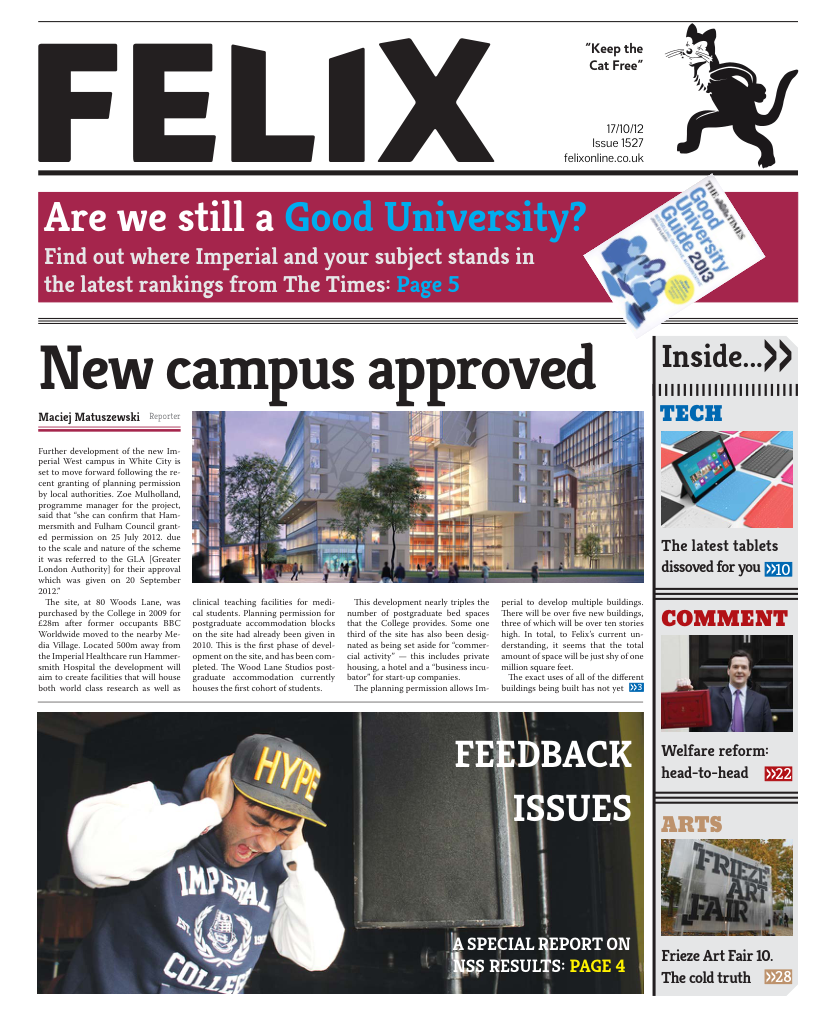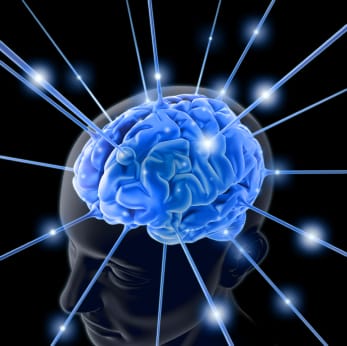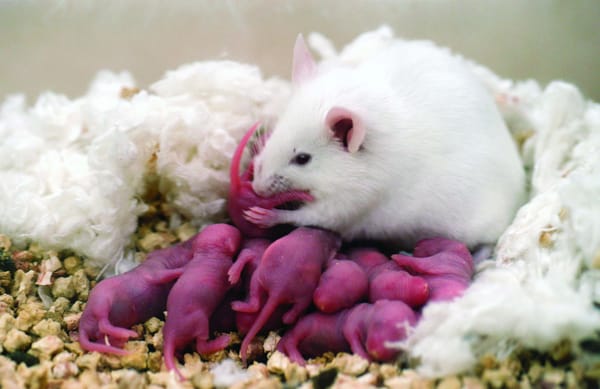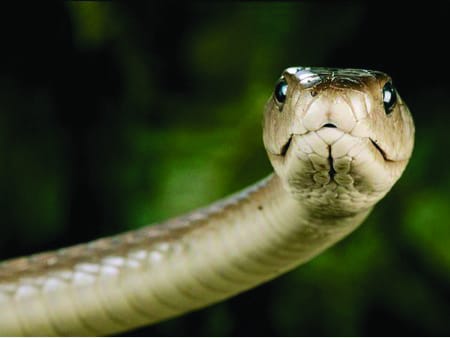Good news, bad news
Sarah Bryne discusses our hopeless optimism
Do you want the good news or the bad news first? The bad news is that we are all hopeless optimists; but on the positive side, research published in PNAS last month suggests we can be cured.
Previous research had shown that we tend to process positive and negative information differently. When updating our beliefs in response to new intelligence, we react in the rational and expected way in response to good news. However, when told something we don’t want to hear, we tend to discount it and fail to adjust our beliefs and expectations accordingly.
This so-called ‘good news/bad news effect’ is thought to contribute to the human error that occurs in such diverse scenarios as medical decision-making, responses to natural disasters and financial market bubbles.
Here the researchers used transcranial magnetic stimulation (TMS) to disrupt the function of the inferior frontal gyrus (IFG), the region of the brain that previous studies had shown to be implicated in the ‘good news/bad news’ bias.
Participants were given descriptions of ‘adverse life events’ and asked to estimate how much at-risk they personally felt in each case. Then they were given information about the average risks for their socio-economic group.
The control group reacted as expected, failing to update their risk estimate in response to negative information. But the participants who had TMS applied to their IFG appeared to have an enhanced ability to process this information; the good news/bad news effect was abolished, and they reassessed their risk correctly.
However, our tendency to focus on the positive may have an evolutionary advantage: the ability to screen out negative information in decision making may have promoted the exploration and risk-taking that drove our advancement as a species, and may today function as a defensive mechanism which protects our mental health. We might be more rational without it, but we might not be happier. That, we can probably agree, would make for some pretty bad news.
DOI: 10.1073/pnas.1205828109







